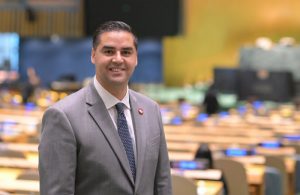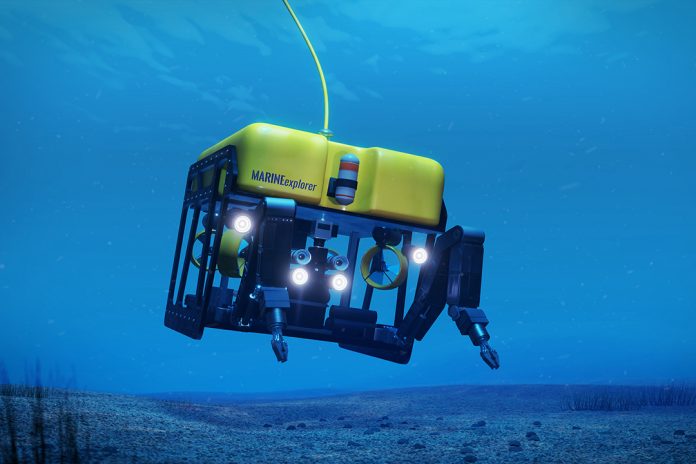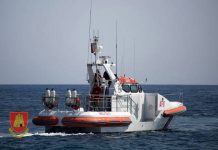Malta joined 31 other countries in a coalition calling for a precautionary pause of deep-sea mining during the 29th International Seabed Authority Assembly, which was held in Kingston, Jamaica, a few days ago.
The precautionary pause envisages that no deep-sea mining takes place until such time as a robust regulatory framework is in place to protect the marine environment and the scientific knowledge base is sufficient to allow for informed decision-making.

Commenting on this development, Minister for Foreign and European Affairs and Trade Ian Borg said that “the deep sea is Earth’s largest habitat and home to one million species. Yet, the expansion of mining activities into deep-sea areas of unparalleled fragility and biodiversity, where the impacts are high and potentially irreversible, is a steadily increasing threat. This is why we are joining a growing coalition of countries, scientists, civil society organisations and private companies calling for a precautionary pause on deep-sea mining”.
“The international community has a responsibility to protect the marine environment as the common heritage of mankind. There are still major scientific knowledge gaps on deep-sea ecosystems and the potential impacts of deep-sea mining. The precautionary principle and the best available science must be at the heart of the governance of the international seabed,” Minister Borg added.
The 29th International Seabed Authority Assembly was held between Monday 29th July and Friday 2nd August. Malta’s delegation was led by the Permanent Representative of Malta to the International Seabed Authority Vanessa Frazier.
The 1982 United Nations Convention on the Law of the Sea established the International Seabed Authority (ISA) to regulate the exploration and exploitation of mineral resources of the international seabed, which falls outside any national jurisdiction, as these represent rich deposits of rare-earth metals, such as cobalt, nickel and manganese. To date the ISA has only authorised exploration activities but there have been recent efforts by some states and mining companies to accelerate moves towards an exploitation phase, notwithstanding the fact that negotiations on a mining code, including environmental regulations, have yet to be concluded, and significant scientific knowledge gaps persist, especially in relation to potential environmental impacts.
![]()








